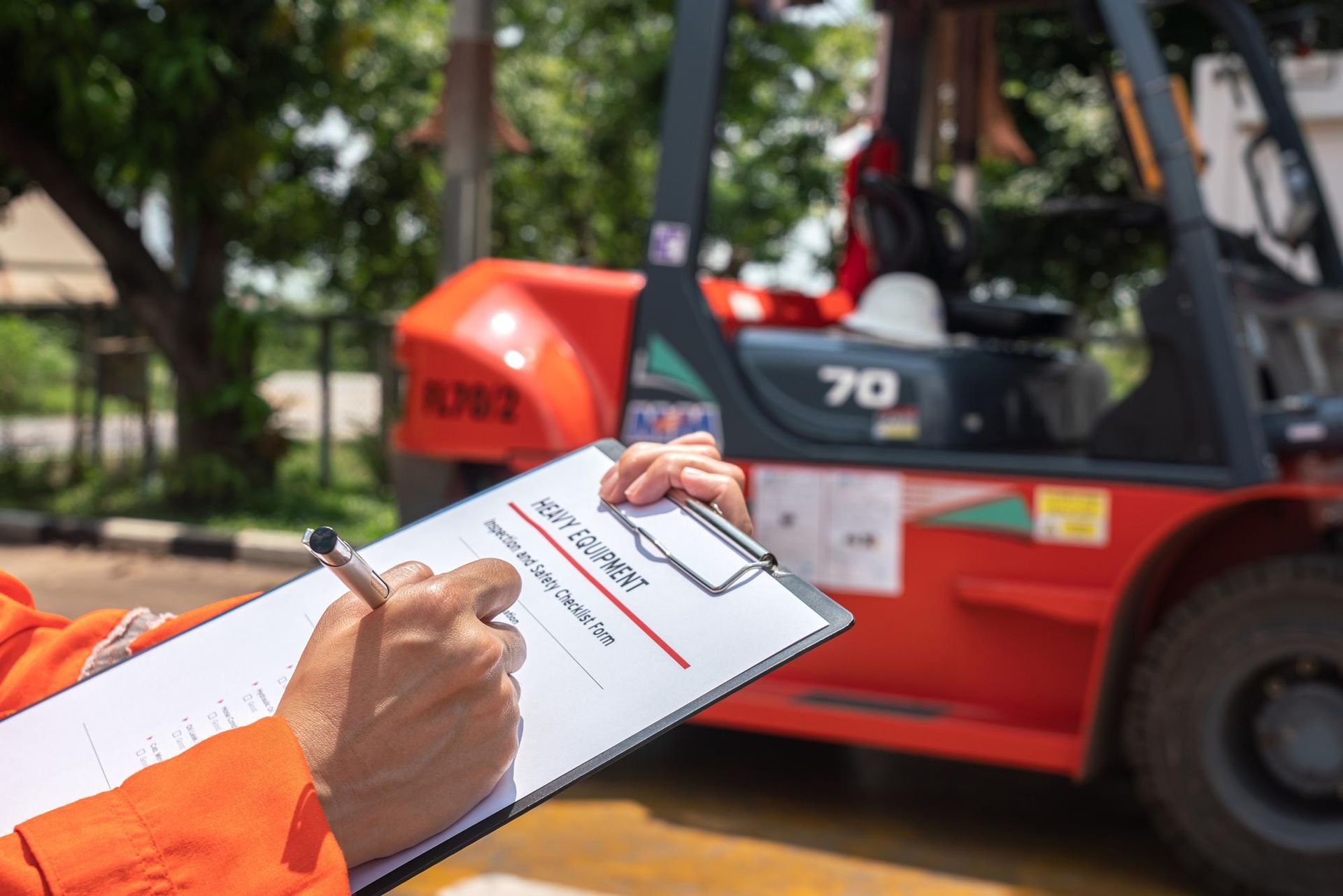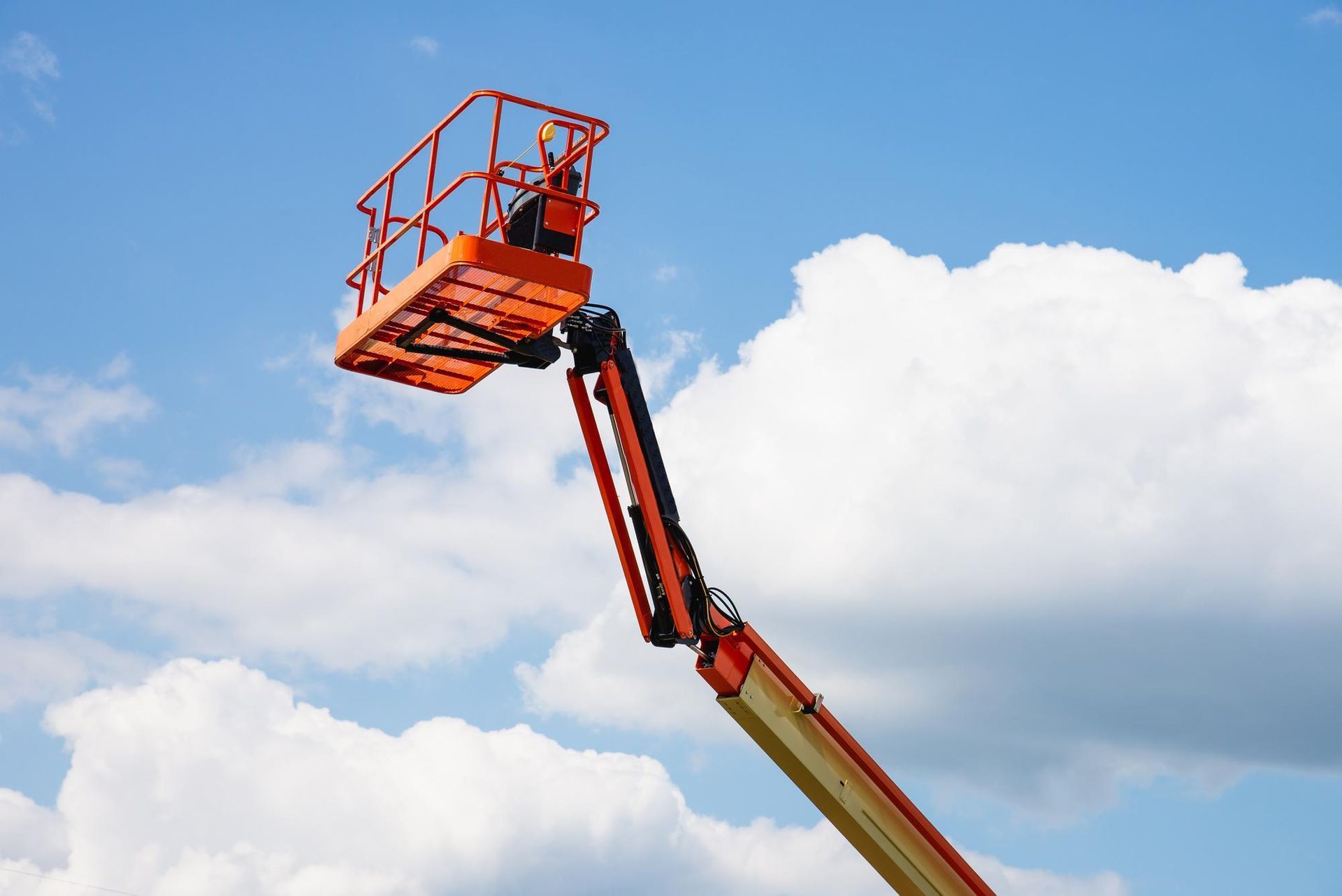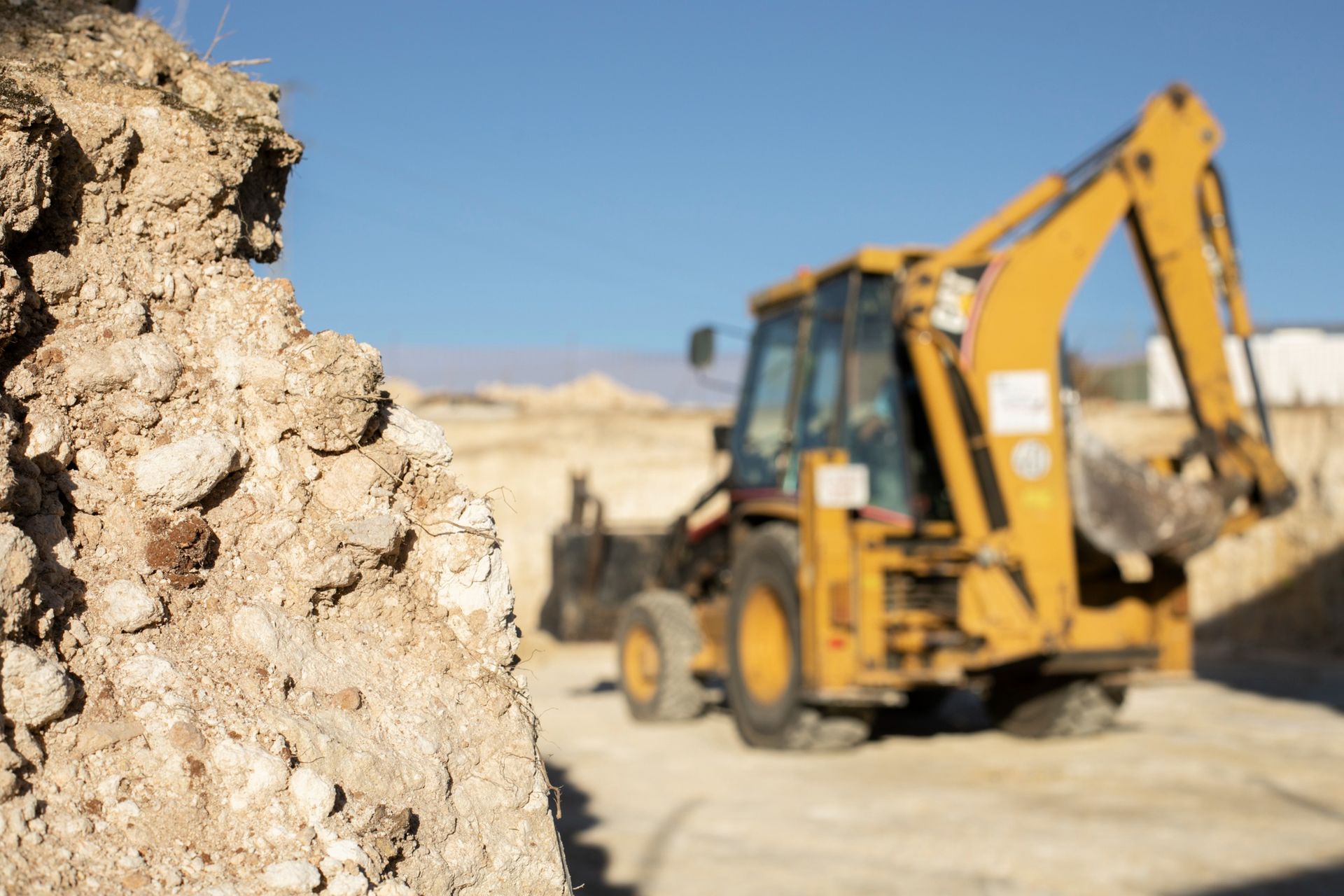How to Choose the Right Heavy Equipment Rental for Your Job.
When planning a construction project, choosing the right tools can make a big difference. Searching for
equipment rental near me is often the first step but knowing what to look for matters just as much. The wrong choice can lead to delays, added costs, or safety concerns. This guide outlines a few straightforward tips to help you select equipment that fits your job. Whether you're new to renting or have years of experience, the goal is to make the process easier and help avoid common setbacks.
What You Actually Need for the Job:
When planning your project , it's important to think through the specific equipment needs before renting . The type of work will help determine which machines are necessary . Start by outlining the key tasks involved whether it's digging , moving material , grading , or lifting . Getting clear on these details early can help you avoid overpaying , reduce downtime , and ensure the equipment supports your workflow from start to finish . Consider the scale , too compact equipment might be enough for smaller jobs , but larger sites may call for heavier machinery . Be realistic about how long you ll need the equipment , and try to account for any unexpected delays .
budget wise:
Setting a clear budget is an
important part of planning for equipment rental . Keep in mind that expenses often include more than just the base rate transport , extra hours , and attachments or accessories can add up .Make sure your budget allows room not only for the rental itself but also for any delays or changes that could affect your timeline or costs Start by identifying how much of your project s funds can realistically go toward rental costs without putting other areas at risk .It s a good idea to compare pricing across companies and watch for any added fees in the fine print . While rentals may seem costly upfront , they typically include maintenance , which helps reduce unexpected repair bills .
Researching Rental Companies:
Researching rental companies is a key part of securing the
right heavy equipment for your project . Start by using online tools and talking with others in your field who ve had recent rental experience . Look into each company s track record check reviews , confirm how long they've been operating , and see if their equipment is consistently well maintained and delivered on time .Location also matters; choosing a rental provider near your job site can help cut transport costs and simplify drop-offs and pickups. Take note of how clearly they communicate rental terms and whether they offer support during the rental period . Spending time on research upfront can prevent avoidable delays or added costs later . When you're working under pressure or on a tight timeline , having reliable equipment from a dependable source makes a noticeable difference .
Making Sure Equipment Is Ready to Work:
Making sure the equipment is both available and in working condition is an important part of planning your rental. After identifying what you need and narrowing down rental providers, check whether the specific machinery is available during your project timeframe. Delays in access can slow down progress and affect deadlines. Regular service, inspections, and quick turnaround for repairs all reduce the chances of breakdowns on the job. It's also important to ask how the company handles equipment maintenance. Don't hesitate to ask for details about how they maintain their fleet. When equipment is well cared for, it not only performs better, it also helps you avoid unexpected downtime, keeps your team safe, and ensures your project stays on track.
Rental Terms and Contracts
Make sure you understand what's included and what's not. Look out for added charges, restrictions, or penalties that could affect your project. Before signing a rental agreement, take time to read through all terms carefully. Also, review insurance and liability sections thoroughly. If anything feels unclear, ask questions and request clarification. Rental duration should match your project timeline, and it's worth discussing flexibility if delays are possible. A clear, well-defined contract ensures that both sides are on the same page, which makes it easier to keep the project moving forward without confusion or conflict. Understanding the full scope of the agreement helps avoid surprises later. Know what you're responsible for and what the rental company covers in the event of damage or unexpected issues.
qualified operators
Renting heavy equipment involves more than just securing the right machine it also means making sure the operator is qualified . If the equipment requires a trained operator , confirm they have the proper certifications and experience for your specific job . Ask about their familiarity with the equipment type and similar work conditions . It s also helpful to clarify their role and availability during the rental period to avoid confusion or delays once the project begins
Safety and Compliance
Safety is a key concern on any job site, and compliance with local regulations matters just as much. Before using any rental equipment, confirm it meets current safety standards. Talk with the rental provider about their safety procedures and any known risks. Address potential hazards early so you can take steps to reduce them, keeping your team and the job site protected throughout the project.
Maintenance and Support
Make sure there's a clear plan for resolving issues quickly to avoid project delays. Knowing how maintenance and support are handled is important before equipment arrives on site. Ask about the rental company's process for routine upkeep and how to report problems if they come up. It's also a good idea to understand what kind of emergency support is available if equipment breaks down unexpectedly.
Rental Extras and Add-Ons
Some rental providers offer optional services or accessories that can help streamline your work. Take time to review what's available and weigh the costs against your project needs. These might include fuel plans, delivery options, or equipment attachments. Not every add-on will be necessary, but the right combination could reduce hassle, save time on-site, and help you stay on schedule without overspending.
Making the Final Decision
After reviewing all the details and weighing your options, the final step is to choose the rental solution that fits your project best. Revisit key factors such as equipment availability, cost, location, and support, and compare how each option measures up. The goal is to make a practical, informed choice based on real needs, not assumptions. Once you've decided, confirm availability and rental terms with the provider to secure the equipment and keep your project on track.
Conclusion
Choosing the right heavy equipment rental partner plays a key role in the overall success of your project. Clear communication and proper planning can help avoid delays and unexpected issues down the road. By taking the time to research, ask questions, and review the details carefully, you'll be better prepared to make a decision that supports your timeline, budget, and safety goals. Whether you're working on a small residential project or managing a larger site, having access to reliable equipment and knowing what to expect throughout the rental process makes a real difference.
For those working in or around Elma, WA, local rental providers are available to support a various project needs. Take the time to choose one that aligns with your work requirements, has a solid track record, and offers dependable equipment that fits the job ahead.









